Recreational Vehicles, or RVs, are an increasingly popular means of travel for campers, road trippers and outdoor adventurers. Offering all of the conveniences of home on wheels with you wherever you travel – RVs make buying one a great investment decision that we will discuss here in detail! Buying an RV requires careful thought; here we discuss some key points when purchasing one.
1. Type Of RV
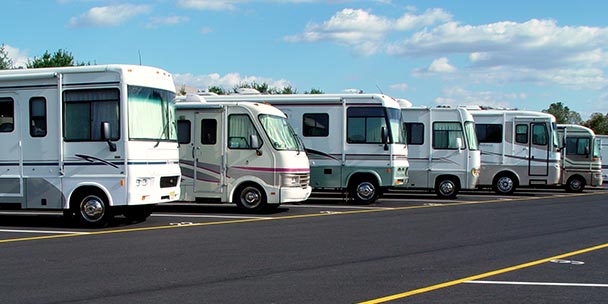
Class A RVs are the largest and most luxurious, often resembling buses or motorhomes; Class B vans (camper vans) are more compact while Class C RVs serve as hybrids by being built upon either truck chassis or van chassis chassis.
Your choice of RV will depend on your personal preferences, budget, and travel needs. Class A models are ideal for long-term trips and full-time living while Class B/C RVs may be more appropriate for shorter excursions and weekend getaways.
2. Size And Layout
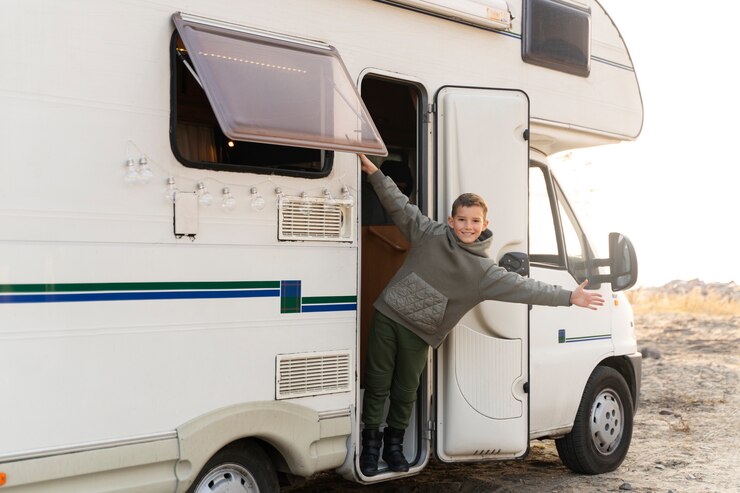
Your RV size and layout will depend upon your travel needs and the number of people in your group. Consider what kind of beds, bathrooms and living spaces will best meet these needs as well as storage for food, clothing and other necessities.
If you plan to spend most of your time inside an RV, a larger model with ample living space and comfortable furnishings may be more appropriate than smaller RVs with basic layouts.
3. Budget

Budget An RV purchase can be an enormously significant financial decision, with prices ranging from several thousand dollars for used models to well over $100,000 for brand new, luxury RVs. Before beginning your search, create a budget and consider both upfront costs as well as ongoing expenses such as maintenance, insurance and fuel.
Be mindful that a higher price does not always equate to a better RV. Focus on finding one with features and amenities most important to you within your budget and find an RV that meets these criteria.
4. New VS. Used
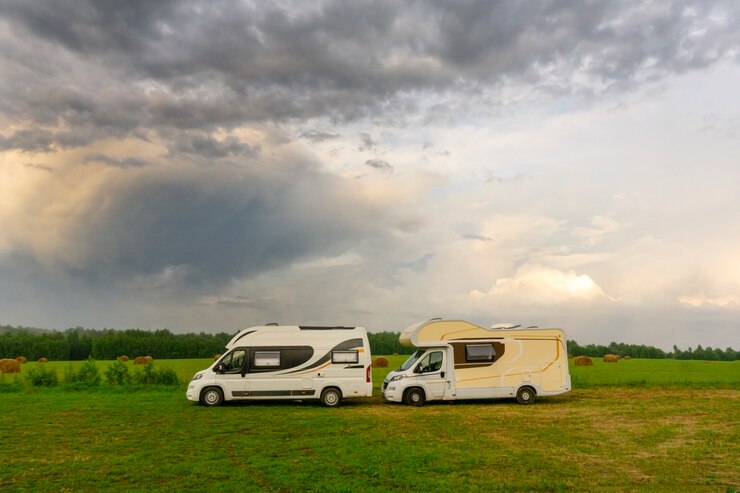
Deciding between new or used RV is another crucial decision to be made. While new models offer warranties and the latest features and technologies, their higher price point makes them less appealing; used models may be more cost effective but may need maintenance or repairs more frequently than newer models.
Before purchasing a used RV, always have it professionally inspected in order to detect any potential issues and take into account age, mileage and general condition when making your decision.
5. Fuel Efficiency

RVs are not known for being especially fuel-efficient vehicles, with some models getting as little as 10 miles per gallon of gasoline usage. There are a variety of factors that can have an effect on this number, including size and weight of the RV, engine type used and driving conditions.
Be mindful of fuel efficiency when selecting an RV model and determine your budget for fuel expenses during travels. Consider alternative sources, such as propane or diesel which may prove more economical options.
6. Storage And Parking
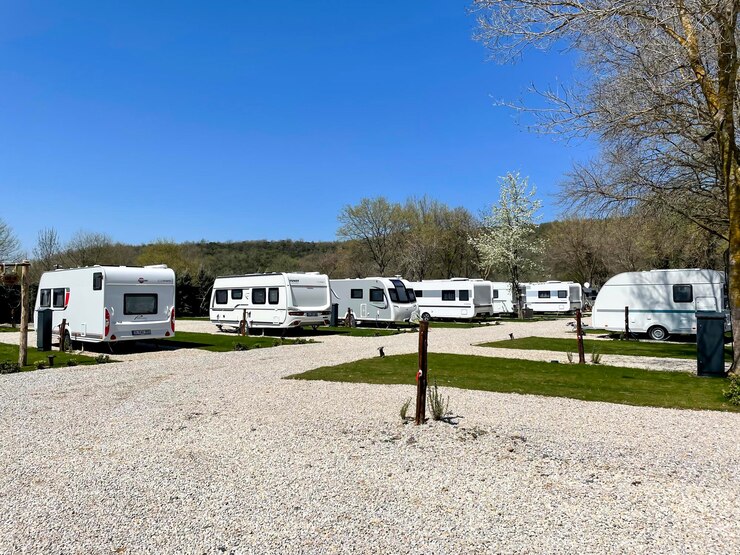
When not using your RV, you will need a place safe and secure for it to stay. Take into consideration its size as well as whether there is enough storage at home or whether renting space might be more suitable.
Parking options should also be carefully considered while traveling in an RV. Larger RVs may need more room to maneuver, while smaller models might be easier to park in tight spots.
7. Maintenance And Repairs
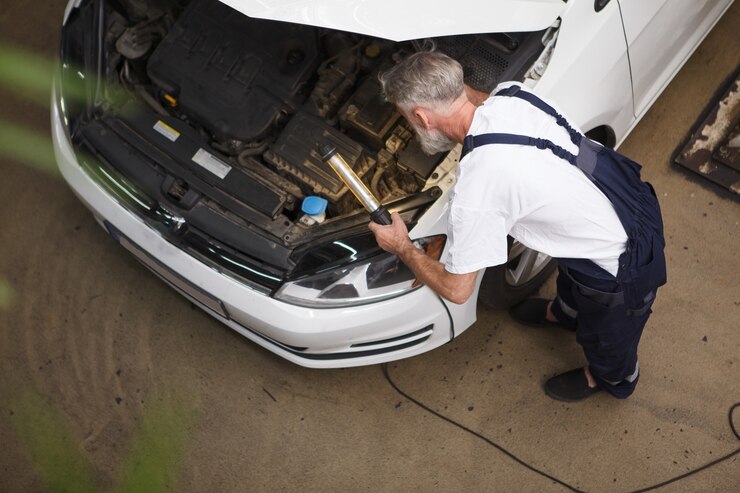
RVs require regular maintenance and repairs just like any vehicle does, and before making your decision it is wise to conduct thorough research into replacement costs, maintenance services in your area as well as their reputation. Customer service should always be an important consideration.
Learn basic maintenance and repair skills to save money and ensure your RV remains in great shape.
8. Insurance

Protecting your investment requires investing in RV insurance to cover potential damages or accidents that might occur. When shopping around for quotes, pay special attention to coverage options, deductibles and premiums before settling on one that works best for you.
Some insurance providers provide customized RV policies with coverage for personal belongings and liability protection while traveling. Always read through and inquire if any coverage questions arise.
9. Amenities And Features
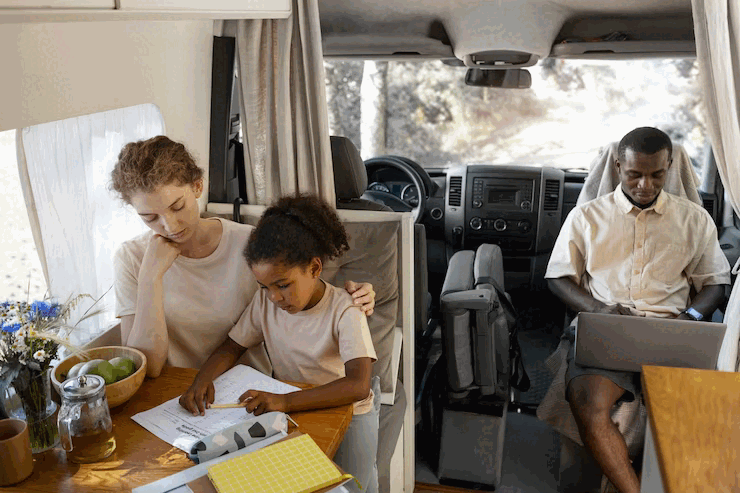
RVs provide a range of amenities and features, from basic necessities to luxurious extras. To find your ideal RV, consider which amenities matter most to you – for instance a fully-stocked kitchen, bathroom, air conditioning system or entertainment system are some examples.
Some RVs come equipped with additional features, like solar panels, awnings or outdoor kitchens that may enhance your travel experience and help create more of a homelike environment for you and your guests. While additional costs may incur for such extras, they may prove worthwhile in making your RV feel like home during its travels.
10. Resale Value
Finally, when purchasing an RV it is wise to consider its resale value as part of your decision making. Though no exact predictions can be made as far as its future value goes – certain RV models tend to hold onto their value better than others.
Investigate the resale values of different RV models and manufacturers, taking into account factors like popularity, durability, and market trends. Selecting an RV with an increased resale value may save you money in the future should you decide to sell or upgrade.
Also Read : Assessing The Effectiveness Of Self-Driving Feature In Bestseller Model 3
Conclusion
Conclusion Purchasing an RV is an investment worth making, so it is crucial that all relevant considerations be considered prior to making a decision. Take note of your type, size and layout needs along with budget constraints, fuel economy requirements, storage needs and parking options before researching maintenance costs, repair expenses, amenities available and resale values of different models and manufacturers before making your final choice. By keeping all these key aspects in mind when making decisions about an RV purchase that best meets both travel needs and your budget requirements.
